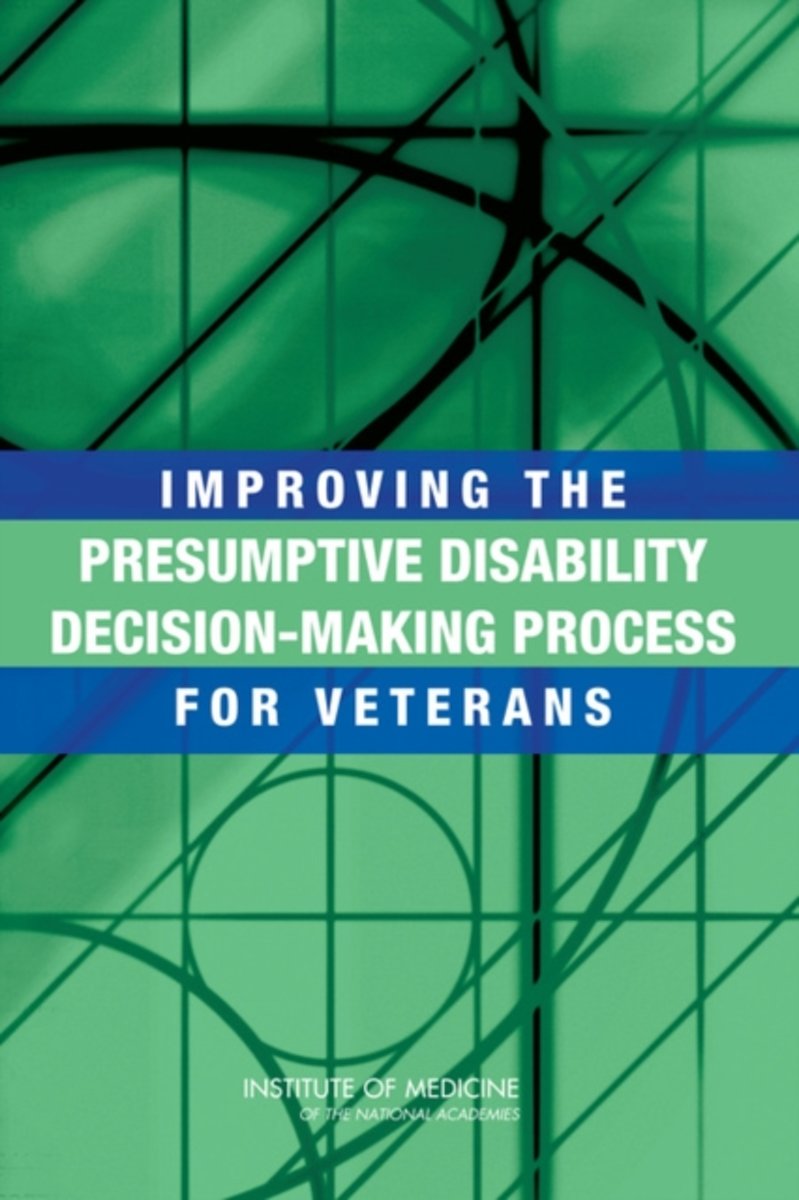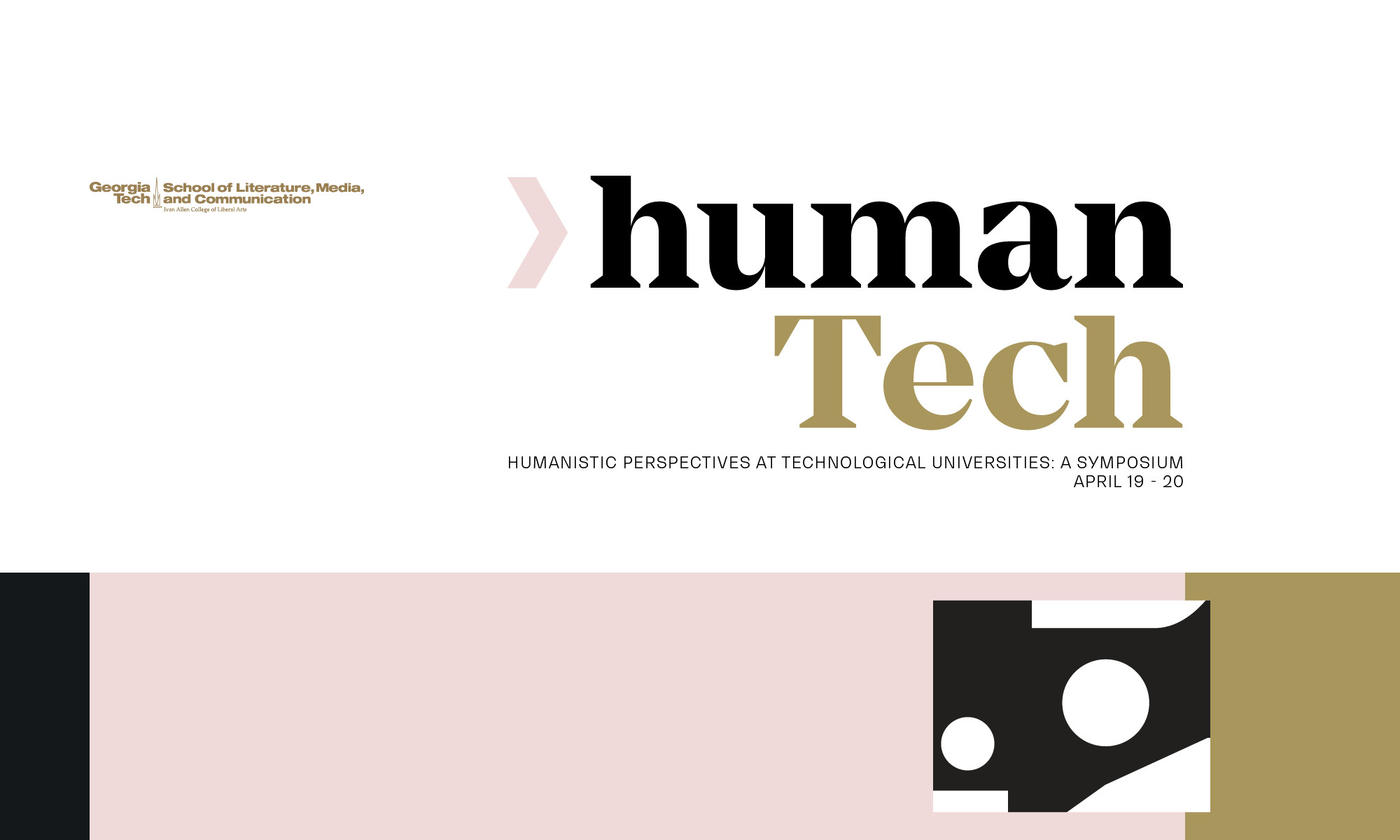About
 Richard Scheines leads Carnegie Mellon University’s Dietrich College of Humanities and Social Sciences as it continues to use research and education to solve problems and impact society. A professor of philosophy, he built his career on crossing academic disciplines. Before becoming dean, Scheines served as head of the Department of Philosophy. In that role, he led the department to distinction with a focus on research that directly connects to a wide array of other fields, including computer science, math, statistics, brain science, medical ethics and psychology. He was instrumental in establishing a new Center for Formal Epistemology, which collaborates with similar centers at Stanford University and in Europe and Japan.
Richard Scheines leads Carnegie Mellon University’s Dietrich College of Humanities and Social Sciences as it continues to use research and education to solve problems and impact society. A professor of philosophy, he built his career on crossing academic disciplines. Before becoming dean, Scheines served as head of the Department of Philosophy. In that role, he led the department to distinction with a focus on research that directly connects to a wide array of other fields, including computer science, math, statistics, brain science, medical ethics and psychology. He was instrumental in establishing a new Center for Formal Epistemology, which collaborates with similar centers at Stanford University and in Europe and Japan.
Scheines’ research focuses on causal discovery, the philosophy of social science, and educational technology and online courses. With CMU’s Peter Spirtes and Clark Glymour, Scheines pioneered the development of the modern theory of statistical causal models, which have been applied in fields from genetics to climate modeling, brain imaging to social psychology and educational research to economics. He led the design of the undergraduate major in human-computer interaction, and, with the late Steven Klepper, redesigned a core methods course in social and decision sciences that received honorable mention in the American Statistical Association’s Causality in Statistics Education Awards.
In technology-enhanced learning, Scheinesdirected the creation of online courses and published the first empirical study to show that appropriately applying interactive, web-based instruction can lead to improvedlearning outcomes in college courses. He also has played a major role in the development of the university’s new Simon Initiative, which aims to accelerate the use of learning science and technology to improve student learning, and to leverage CMU’s decades of learning data and research to improve educational outcomes.
Scheines has served on three committees for the National Academies of Science: “Improving the Presumptive Disability Decision-Making Process For Veterans,” “Food Marketing to Children and Youth: Threat or Opportunity” and “Review of EPA’s Integrated Risk Information System (IRIS) Process.”
Featured Work

